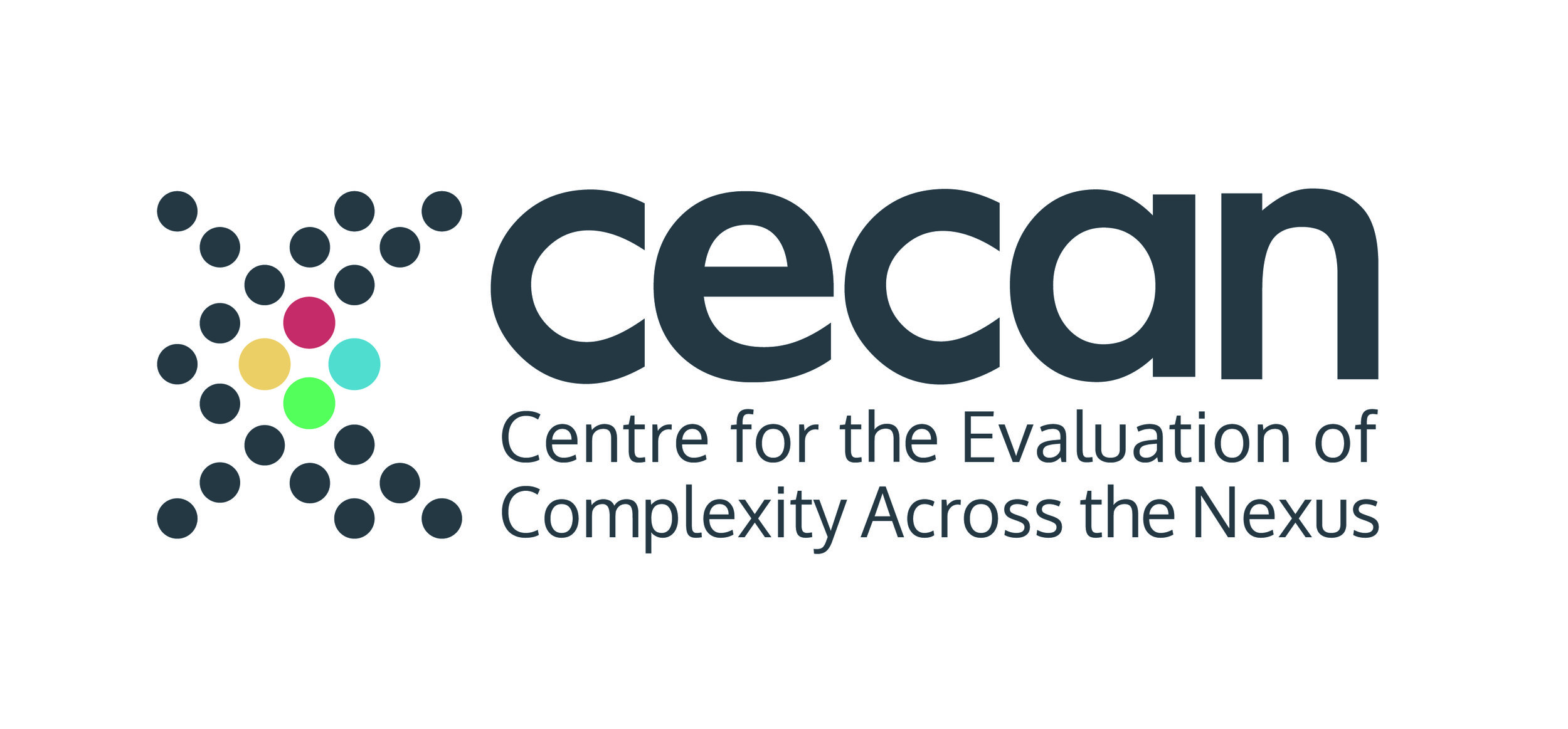WRc and CEP commissioned to measure the societal impact of network activities
WRc, in partnership with CEP, have been contracted by the Energy Innovation Centre, a group of gas distribution networks, to measure the societal impact of network activities.
Co-ordinated by the Energy Innovation Centre, Distribution Network Operators (DNOs) and water and wastewater companies have commissioned this work to address the current lack of a framework for evaluating the societal impact of network activities. Network activities can include a range of activities from preventative maintenance to remediation work.
The objective of this project is to determine mechanisms, tools or techniques allowing the quantitative assessment of societal impacts caused prior to, during, and following network activities.
This project has the potential to bring about a step-change in understanding network operators' impacts on local populations and other stakeholders.
Dr Clare-Twigger Ross is CEP's project manager for this work.



